Breaking News: Red Meat Allergy Caused by Ticks Kills New Jersey Man
A 47-year-old airplane pilot in New Jersey has become the first reported fatality from alpha-gal syndrome, a red meat allergy caused by tick bites. Researchers at the University of Virginia School of Medicine published a report in the Journal of Allergy and Clinical Immunology detailing the man's tragic death. The incident occurred in 2024, when the pilot fell ill four hours after eating a hamburger at a barbecue.
According to the report, the man had become ill several hours after eating a steak dinner two weeks prior, experiencing abdominal discomfort, writhing in pain, diarrhea, and vomiting. He told his son, "I thought I was going to die," but he and his wife chose not to consult a doctor, unsure of how to explain his symptoms. The man's condition worsened, and he was found unconscious on the floor of a bathroom surrounded by vomit. He was declared dead at a hospital, with the autopsy citing a "sudden unexplained death."
The immediate impact of this tragic event is a stark reminder of the potential dangers of alpha-gal syndrome. The Centers for Disease Control and Prevention (CDC) has previously warned about the risk of this red meat allergy caused by some tick bites. Experts emphasize the importance of prompt medical attention for anyone experiencing severe symptoms after consuming red meat.
Alpha-gal syndrome is an emerging condition that occurs when a person is bitten by an infected tick, specifically the lone star tick. The tick's saliva contains a sugar molecule called galactose-alpha-1,3-galactose, which triggers an allergic reaction in some individuals. This reaction can lead to severe symptoms, including anaphylaxis, a life-threatening allergic response.
As the medical community continues to study and understand alpha-gal syndrome, it is essential for the public to be aware of the risks. If you experience severe symptoms after consuming red meat, seek medical attention immediately. Consult a healthcare professional if you have been bitten by a tick and are concerned about your risk of developing alpha-gal syndrome.
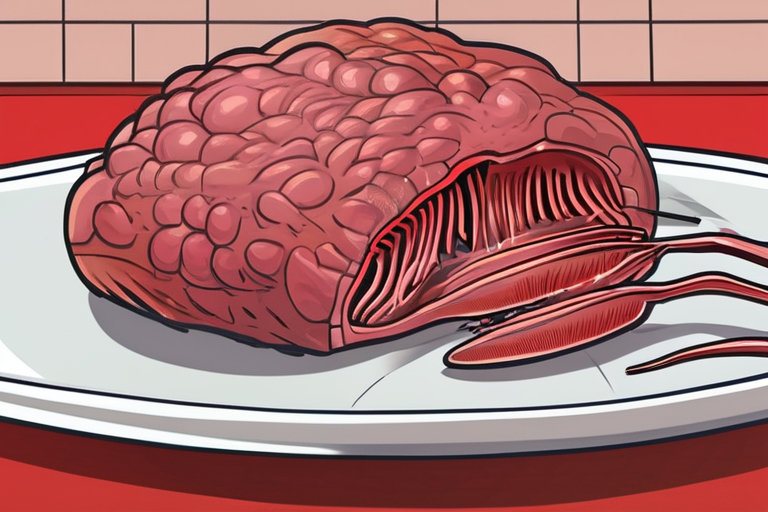



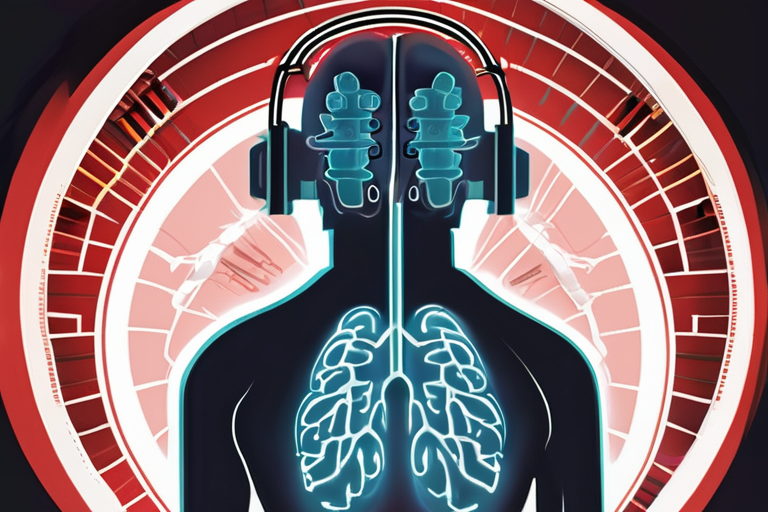





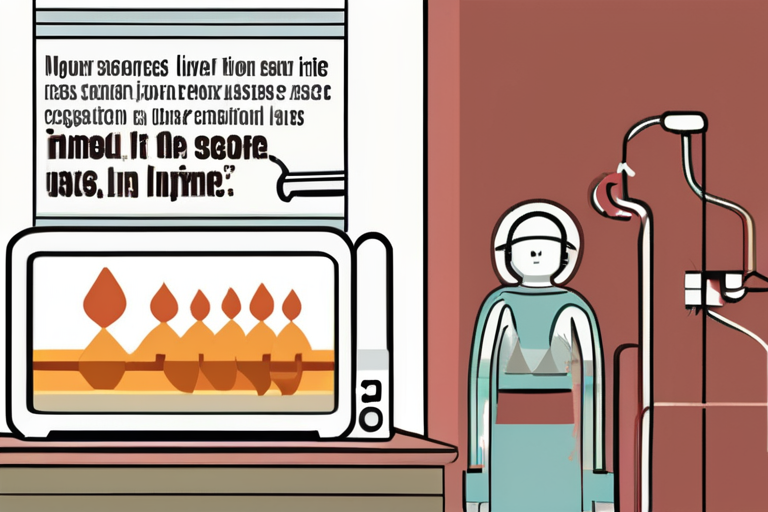








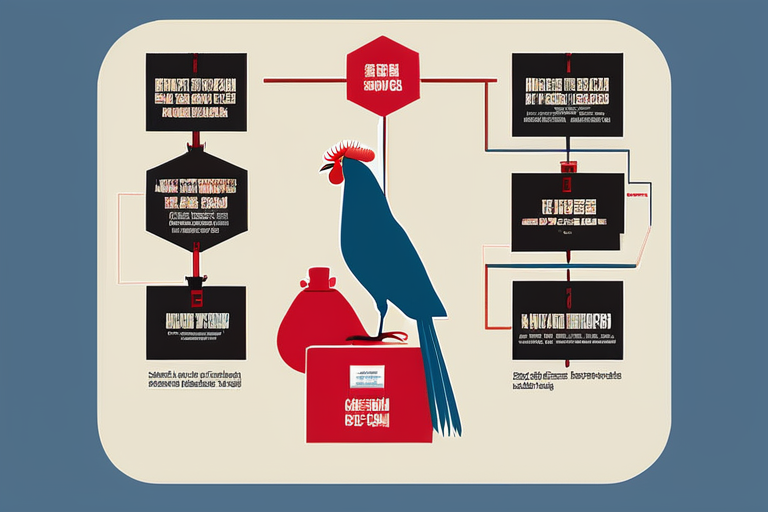
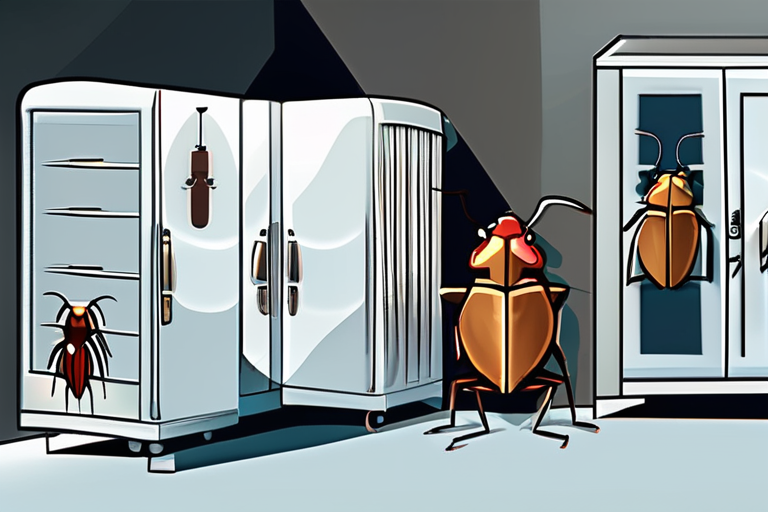






Share & Engage Share
Share this article